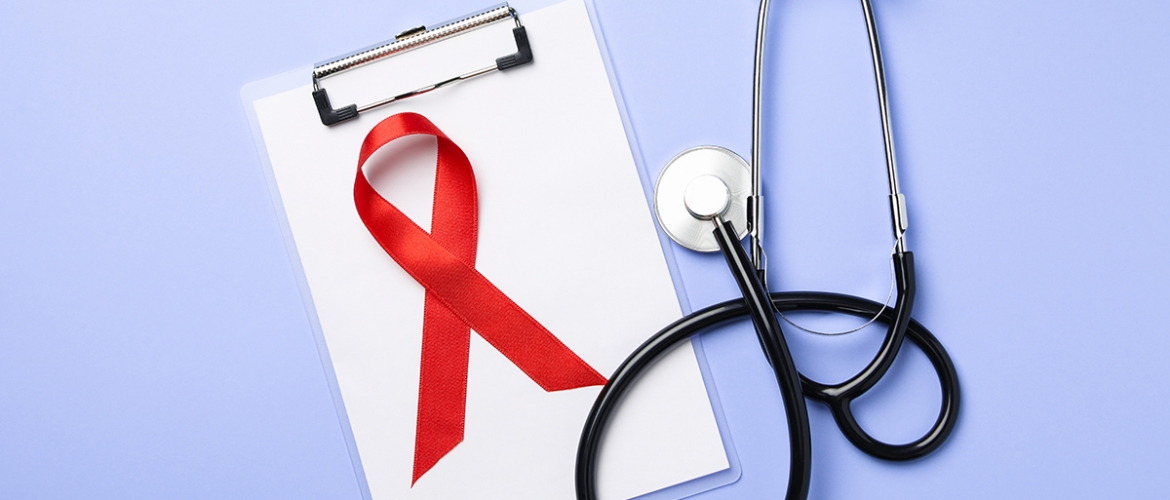Spotlight on: Cancer Prevention

Hundreds of researchers are developing new cancer treatments every day. Safe, effective treatment for cancer is important – and it’s exciting when you can see the life-saving results.
But what if cancer could be prevented in the first place? Prevention is one of the best defences against cancer, but we rarely pay much attention to it. When prevention is a success, it is harder to see the “life-saving” results because less cancer occurs. Healthy people continue living healthy lives, uninterrupted by cancer.
According to WHO, “Between 30% and 50% of cancer deaths could be prevented by modifying or avoiding key risk factors and implementing existing evidence-based prevention strategies. The cancer burden can also be reduced through early detection of cancer and management of patients who develop cancer. Prevention also offers the most cost-effective long-term strategy for the control of cancer.”
Clearly, prevention should be prioritized. How do we start preventing cancer? By avoiding things that are proven to cause cancer.
Key risk factors to be aware of, recommended by WHO:
- avoid tobacco use, including cigarettes and smokeless tobacco
- maintain a healthy weighteat a healthy diet with plenty of fruit and vegetables
- exercise regularly
- limit alcohol use
- get vaccinated against hepatitis B and human papillomavirus (HPV)
- avoid urban air pollution and indoor smoke from household use of solid fuels
- get regular medical care
Over the years, prevention measures have included tobacco taxation, HPV vaccinations, and early screening campaigns. Fewer people smoke today than ever, but around 1 in 14 adults in the UK still smoke cigarettes. Obesity and type 2 diabetes can lead to cancer, but recent statistics confirm “around three quarters of people aged 45-74 in England are overweight or obese”.
National screening programmes are available in the UK for breast, cervical, and bowel cancer. This saves about 9,000 lives every year. But statistics show the uptake of breast and cervical screening has fallen in recent years.
Are governments and healthcare leaders paying attention to prevention?
Investment in local awareness campaigns is necessary to keep prevention measures working optimally. Cancer Research UK recently reviewed the UK Government’s spending priorities and highlighted where the UK is falling short.
“Funding for local prevention services that help to improve the nation’s health and reduce people’s risk of cancer like stop smoking, weight management and alcohol treatment services is vital – something the pandemic has only made clearer.
For years, local government has suffered from cuts to their public health budget, and unfortunately, today’s Spending Review failed to provide any meaningful additional investment in local public health, further threatening these important services.
If the Government is serious about reducing health inequalities across the country, next year’s Spending Review must provide longer-term financial certainty, so public health services can build back better in the wake of COVID-19 and help deliver on government ambitions to improve the nation’s health.”
On the bright side, new prevention campaigns are being introduced by the NHS and local cancer charities.
The NHS Long Term Plan commits to supporting the NHS to “ensure that every person admitted to hospital (both physical and mental health sites) who smokes will be offered NHS-funded tobacco dependency treatment by 2023/24. This includes all expectant mothers throughout their antenatal care. We will also explore how we can best help partners of pregnant women so that any new-born baby goes home to a smoke free home.”
Charities like Prevent Breast Cancer have initiated a health, wellbeing, and lifestyle campaign to encourage more people to make positive choices. Cancer Research UK provides educational resources on their website on the effects of diet and lifestyle.
But as the World Cancer Research Fund states: “Awareness isn’t enough. We need healthier environments.”
Right now, early detection combined with prevention measures is the best way forward. Which is why we are working hard to make our early detection blood test, PanTum Detect, available around the world.
If you would like to partner with RMDM or find out more about PanTum Detect, please get in touch via our contact form.
Resources:
https://www.who.int/health-topics/cancer#tab=tab_2
https://commonslibrary.parliament.uk/research-briefings/sn03336/
https://www.cancerresearchuk.org/health-professional/cancer-statistics-for-the-uk#heading-Four
https://www.nuffieldtrust.org.uk/resource/breast-and-cervical-cancer-screening
https://www.longtermplan.nhs.uk/areas-of-work/prevention/treating-and-preventing-ill-health/